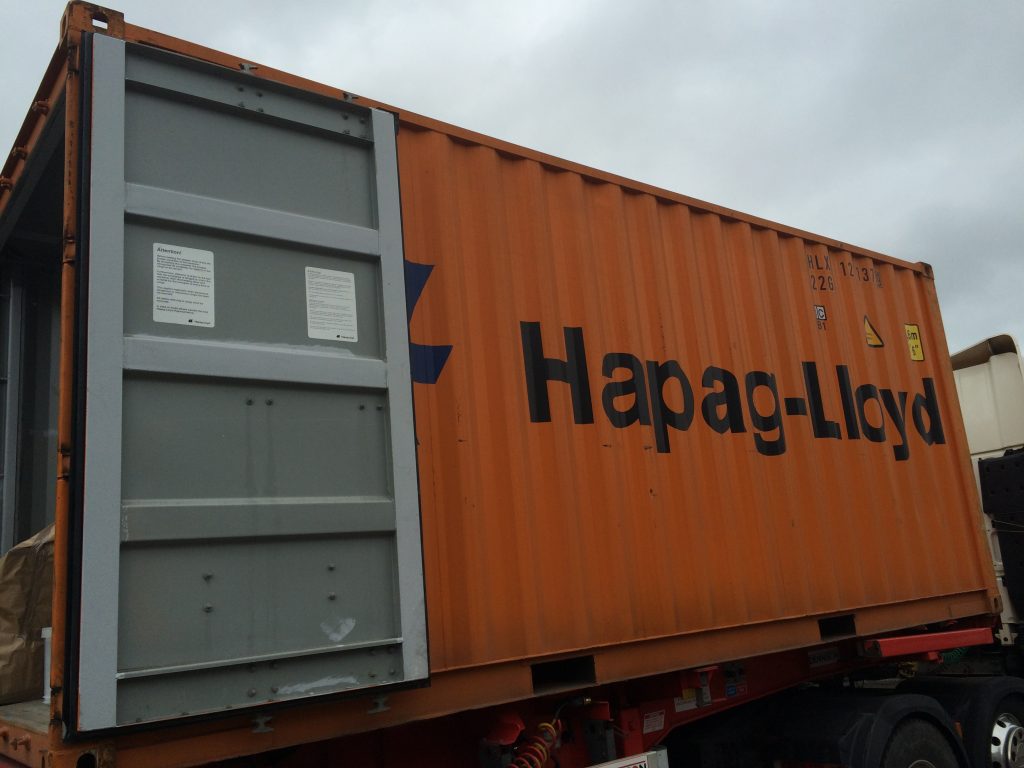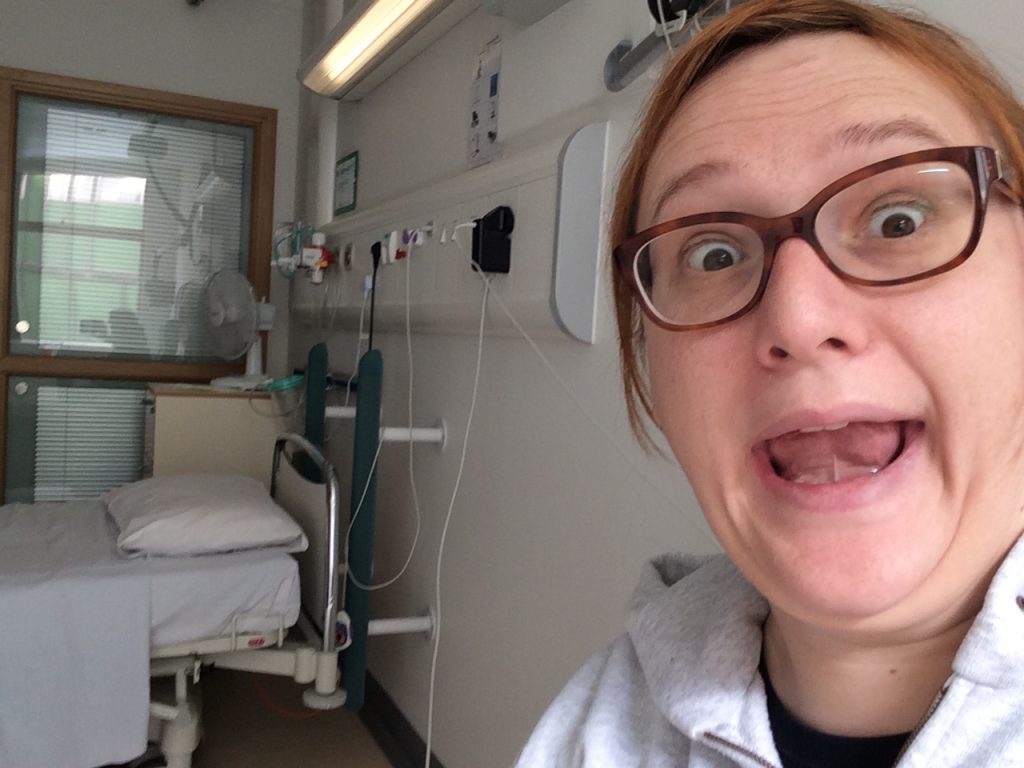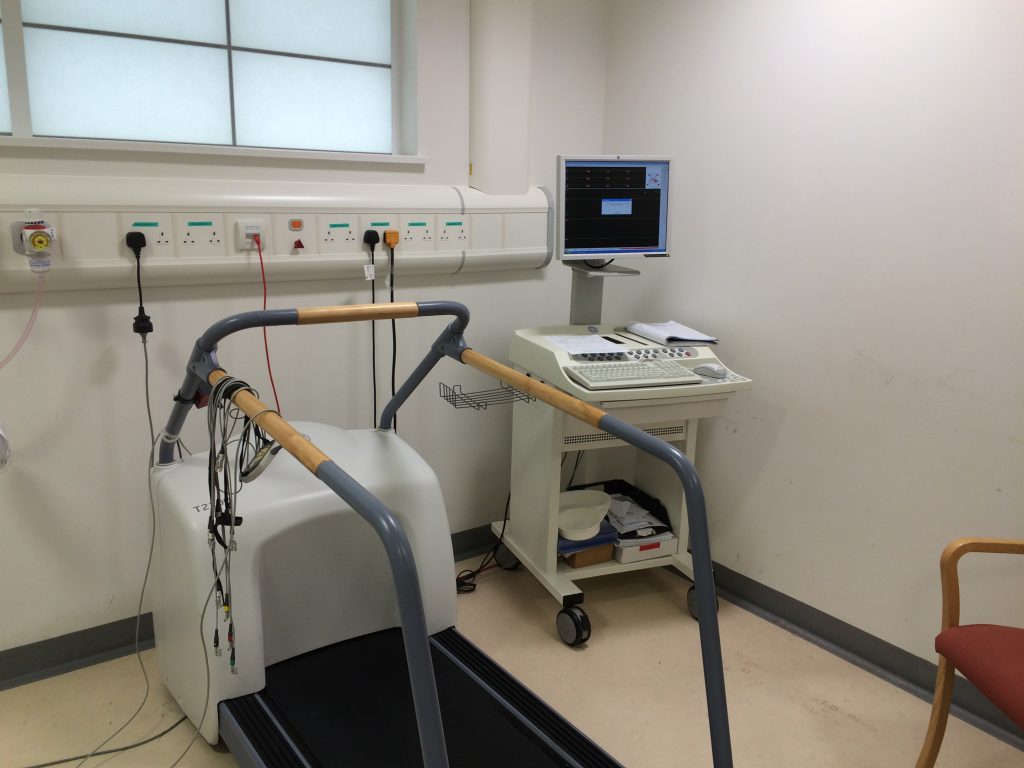Watching my friends make their own trip from Bristol, UK to just a few hundred miles further north on our side of the U.S., I’ve been reminded how quickly we humans adjust to things.
We’ve only been in Portland since the end of August, just three and a bit months ahead of our friends, but things that I consider ‘normal’ — such as waiting for the man to turn white instead of green at the crosswalk or remembering that in U.S. stores the clerk does the packing not you — are, I guess, still a little alien to my fellow ex-pat.

But it’s also reminded me of how long it has taken things to get into gear over here, caused in part by slow gears turning in a massive machine that is the U.S. healthcare system. The other part? Our lack of experience navigating it all.
Things like my social security number and my green card arrived fairly expeditiously. In fact, I think they arrived after just four weeks, something which felt a little like turning 18 again. Suddenly, the doors to banking and jobs which were firmly closed opened themselves, all because I had a name and a number to identify myself by.
But while I’ve felt more like a regular American resident (I’m not a citizen and despite my disappointment with parts of the UK government I’m still a Brit at heart) there’s one door which has been firmly closed: healthcare.

Americans spend a lot on healthcare. A massive amount. In fact, a silver healthcare plan for my family with a reputable provider and a local PCP (see, I’m learning the lingo) costs the equivalent of almost one half of the monthly rent for our suburban 1700 square foot townhouse.
This money, which you get a monthly bill for, does indeed ‘cover’ your healthcare costs, but in addition to the monthly premium, you also have to pay a ‘copay’. That, for those unfamiliar with the term, is a little like the excess we’d pay in the UK. It’s a fee that you have to pay at the point of service delivery. For our local doctor’s surgery, it’s $25 per visit. This month, two of us have visited the doctor, so that’s $50 more out of our budget.
But then there’s the deductible too. That’s like excess, too. But this time, it’s an astonishingly high figure. In my case, it’s over $2,500. And what that means in any given year I end up having to pay a maximum of $2,500 out of pocket before my actual health insurance kicks in.
Then there’s the nitty gritty of what’s actually covered. Different plans, even under the Affordable Care Act (AKA Obamacare) have different limitations and clauses. You can’t go to this doctor for thing A, but you can see them for thing B. But then you can only see them once a month for thing C.

What’s more, nobody understands the system. Not even the doctors, or American citizens.
But here’s where it gets interesting. You see, when I went to the doctors’ surgery for the first time on Friday, things were very different to how they’d been in the UK. There was a nurse who met me, checked some paperwork and and asked some basic questions ahead of my Doctor walking in. The room was well-equipped. The staff were clearly enjoying their job. Nobody was stressed. It was calm.
When my doctor came in, she listened to my questions, talked about some of the requests that I had (a referral to a Cardiologist and a repeat prescription), and didn’t make me think that I should hurry the hell up because there was someone else due to arrive in four minutes’ time.
Contrast this to the UK, where getting an appointment was impossible at our local surgery, where the doctors were stressed and over-worked, and where every conversation was prefaced with a clear concern for time and funds.
I miss the free bit of the NHS. I miss the fact that the NHS prescriptions cost me a flat £8.40 fee No. Matter. What. The. Prescription. Was. But I don’t miss the way that my home government has ripped out the heart and soul of the UK NHS because it desperately wants to privatise healthcare too.
My referral to the Cardiologist was electronic. My prescription refill went immediately to the local pharmacy of my choice. And while I got a VERY nasty shock today (namely a $125 script bill for two medications) I was left feeling that yes, my doctors will recommend the treatment that works for me, not the treatment which is most cost effective.

After recovering from the fact that I could even pay $125 for two medications, I’ve reached a conclusion that neither the US nor the UK have the perfect medical system. The UK free-at-point-of-service NHS is failing badly. It’s nearly killed me in the past after a surgery went wrong. But, on the flip side, it saved my sister’s life: something I’m eternally grateful for.
But the U.S. system is just as perverted. It is rigged for making money. It is focused on how much money it’s possible to extract from the customer, while excusing those costs under the guise of exemplary healthcare. If you can afford it, you’re great. If you can’t? You’re fucked.
The way I’ve been treated by the U.S. system (at least now I have insurance) has been far better than any treatment I’ve had in the UK of late. But at the same point, I’ve paid more in the past few days for healthcare than I have paid in years in the UK. Indeed, every time I look at the family budget, I see a hunk of cash disappear, just in case one of us falls ill. And when I tell you that it’s more than triple the amount of money we pay on the car loan for a second-hand car, I think you’ll understand where I’m coming from.
Nobody, but the wealthiest one percent, thinks this is a good idea.
So, what’s the solution? I don’t know. Ideally, I’d say that we should have something in the middle, where those who can afford to pay do, helping subsidise those who can’t. I’d say that we should pass laws to prevent pharmaceutical companies from getting wealthy from other people’s suffering. I’d say that we should leave medicine choice to the professionals, not advertising it on prime time TV as if it were a car.

Most of all, I’d say that we should pay medical practitioners a fair wage, level the playing field for those working in the industry, and ensure that training and education of our health professionals isn’t seen as just another way to make money out of the system.
That, as I’m coming to learn however, would stink too much of socialism for people over here to stomach.
I don’t want the NHS any more. It is a shadow of its former self. I want the NHS I remember from my youth. I doubt the U.S. will ever have that.
And for the first time in almost four months, I’ve been reminded (very clearly) that we’re not in Bristol anymore, Toto.
